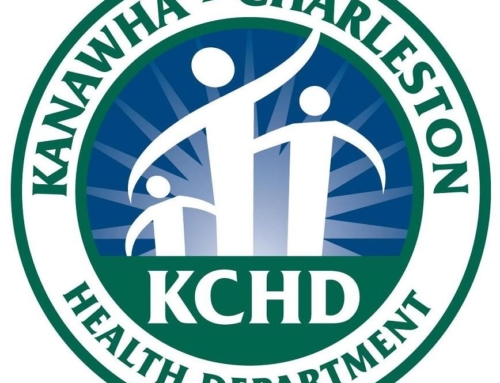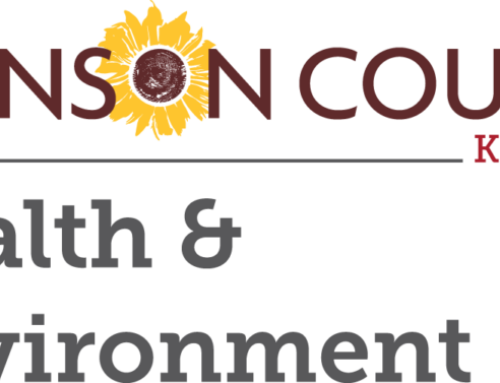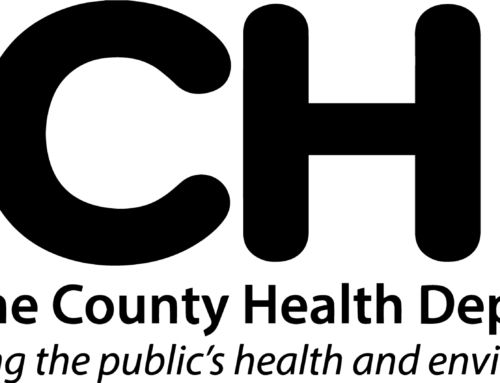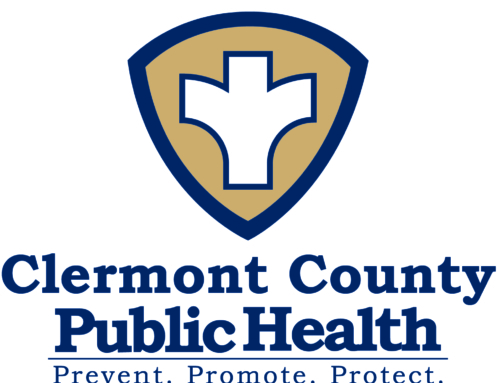Project Description
Measure 11.1.2 Drives Development of Ethics Committee at Dakota County Public Health Department
By Michelle Trumpy, MPH, RD, LD
Dakota County Public Health Department received national accreditation in August 2016. Public Health Accreditation Board (PHAB) Domain 11 emphasizes the importance of developing and maintaining an operational infrastructure to support the ethical aspects of public health activities. Specifically, Measure 11.1.2 is about identifying ethical dimensions of our work and making decisions about those issues. Dakota County Public Health Department created an ethics committee in 2014 to formalize this process. The committee exists to consult on ethical dilemmas and provide education to staff on public health ethics.
Ethical dilemmas are common in public health—they arise when there is conflict between two or more values related to a public health action (such as individual privacy versus the need for information to inform an urgent public health outbreak). They can also arise when there is no single best answer, when there are equally good or bad options or when further justification is needed for a course of action. We often solve these issues informally, but there is value in bringing together the affected stakeholders, who often have diverse perspectives, to provide recommendations.
The ethics committee is made up of a representative from each of the units in the department. Members have a diverse range of backgrounds and positions, including senior leadership. The department identified members as the “ethics champions”.
All department staff have received training on public health ethics that includes how to identify ethical issues. Once staff identify those issues, they can work with their supervisor to determine if a consult from the ethics committee is needed.
The ethics committee has been trained in deliberation, a decision-making method designed to encourage open discussion about complex topics. The ethics committee adopted an ethical framework which is used during deliberations. Modeled after the method used and recommended by the Presidential Commission for the Study of Bioethical Issues, the committee starts with an open policy question, invites input from experts and stakeholders, and conducts a discussion weighing information against the adopted ethical framework to create actionable recommendations for the supervisor and director to take into consideration. The committee also created a procedure for consultation and a template to distribute recommendations.
It has been exciting to put these skills into practice and see results. One of the first official deliberations took place in the spring of 2017, for the question: “Should the public health department create and enforce a policy requiring employees to receive an influenza vaccine annually?” The committee was able to use deliberation best practices and come to a recommendation for the Public Health Director on this topic. The committee did not recommend a policy, but offered additional ideas to encourage and promote voluntary influenza vaccination by coupling an all-staff meeting with a flu shot clinic. The response to the public health staff flu shot clinic was great, and will continue yearly.
Dakota County Public Health Department has been able to share our success with creating an ethics committee and deliberating a case about staff influenza vaccine by connecting with other health departments across the state of Minnesota upon request.
Dakota County Public Health Department was awarded national accreditation through the Public Health Accreditation Board on August 17, 2016.
About the author: Michelle Trumpy, MPH, RD, LD, is an administrative manager at Dakota County Public Health Department in West St. Paul, Minn. Contact her at [email protected].
⇒ Other major benefits gained as a result of going through the accreditation process:
- Enhanced culture of continuous quality improvement
- Increased focus on customer satisfaction
- Improved performance management system
- Increased ability to be proactive rather than reactive, through strategic planning




